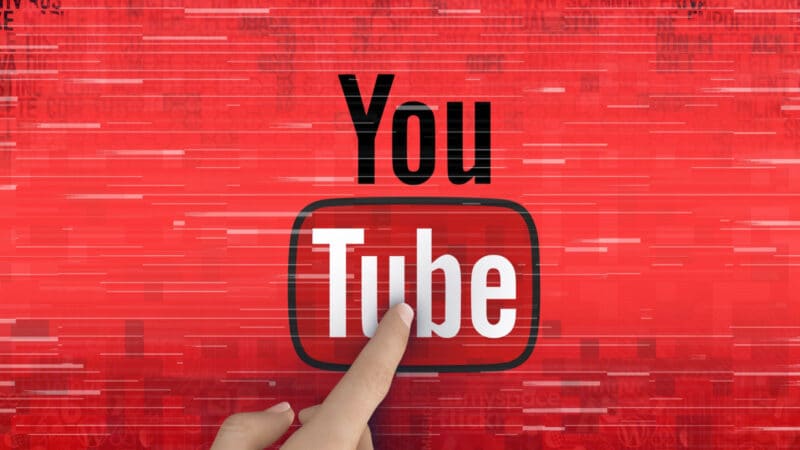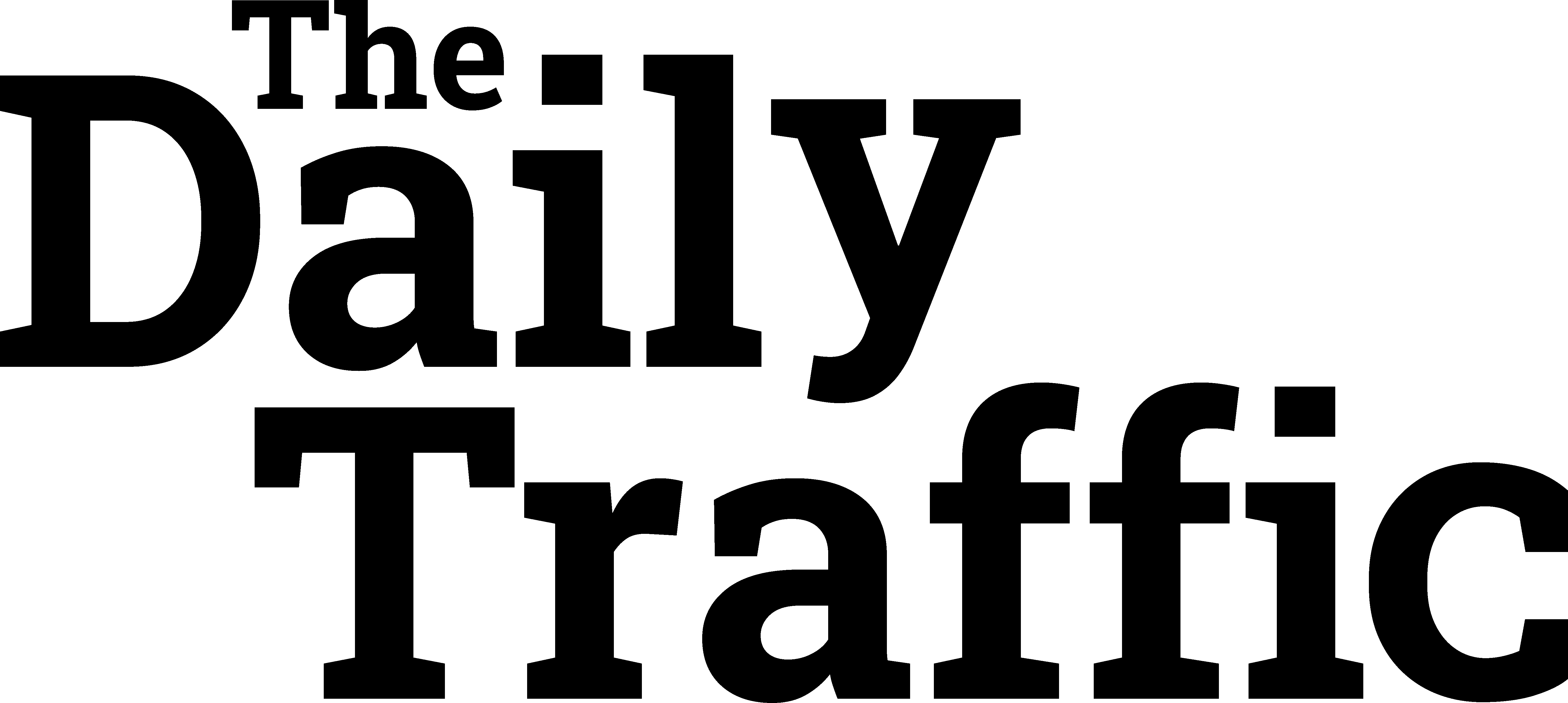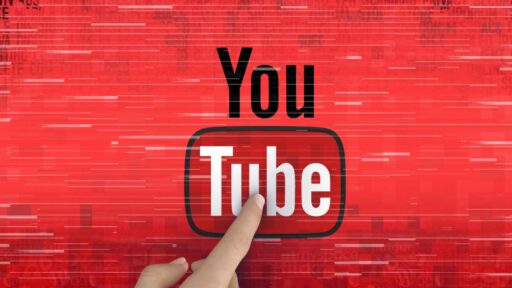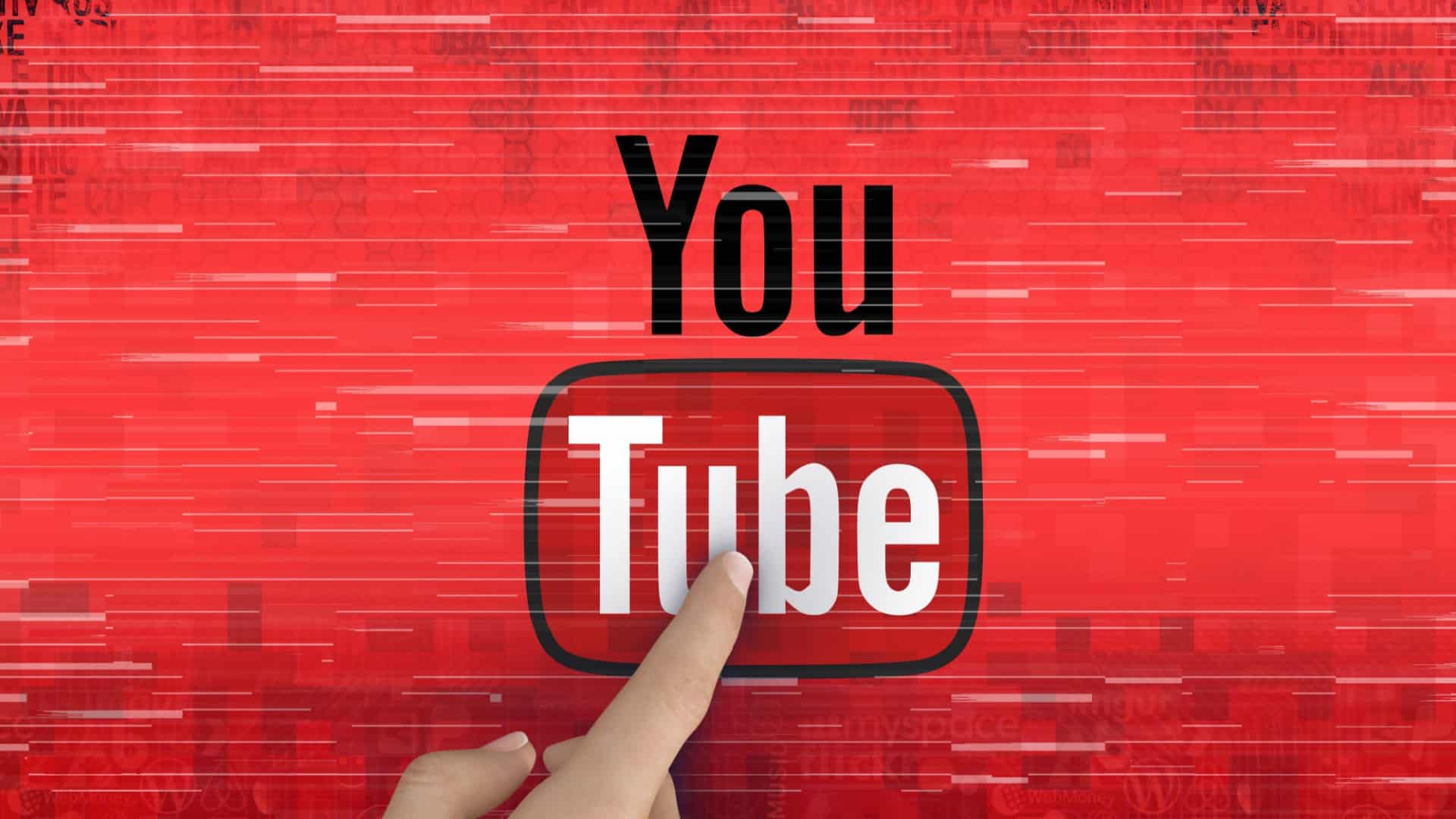Originally Posted on Search Engine Land by Anu Adegbola

YouTube tapped its machine learning capabilities to analyze over 8,000 of the top ads on its platform this year, surfacing five key creative trends that resonated.
Why it matters. The findings, extracted using custom AI models that processed text, visuals, audio and more, provide a data-backed playbook for how brands can stand out on YouTube.
Trend 1: Spotlighting underrepresented voices. Campaigns actively challenged stereotypes and celebrated people with disabilities and diverse backgrounds in prominent roles. Here are examples from Apple, Google Pixel and Maybelline:
Trend 2: Celebrating individuality. Ads leaned into characters’ unique personalities, styles and self-expression. Here’s an example from Tissot that got 42 million views:
Trend 3: Reinforcing community. Storytelling evolved from pandemic isolation to public gatherings and affectionate human connections. Here are examples from BMW and Nintendo Switch:
Trend 4: Sparking wonder. Through dreamlike backdrops and fantastical settings allowed viewers to imagine varied destination possibilities. Here are examples from Yugiohtae and Pedigree:
Trend 5: Building trust via creators brands. Leveraging creator endorsements and authenticity to foster connections. Here are examples from Lululemon, Axe and Pizza Hut:
Why we care. These insights can help brands get more value from their YouTube ads. The key is making your content more engaging and targeting your audience more accurately.
Between the lines. Tried-and-true tactics like strong openers, pop culture ties and humor still resonated. But the top ads went beyond to tap into deeper emotional insights.
The report. We used AI to analyze over 8,000 top ads. Here’s what we learned
Dig deeper. 4 elements of good content, according to Google research






